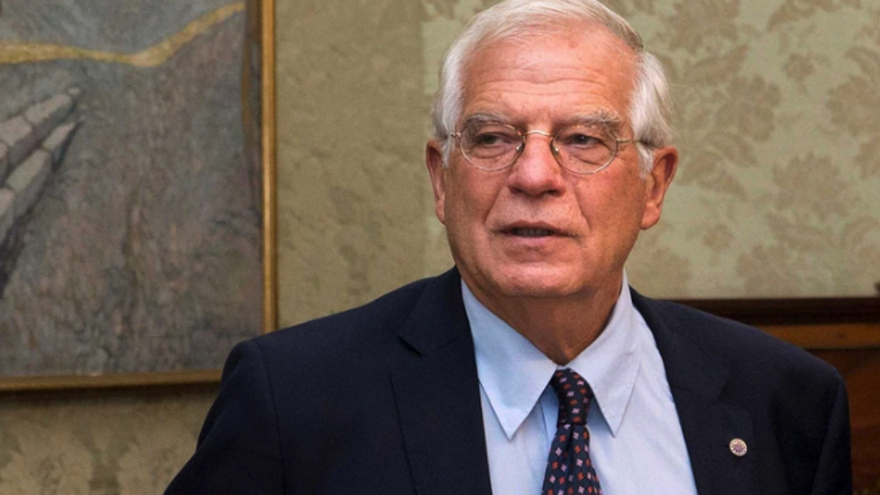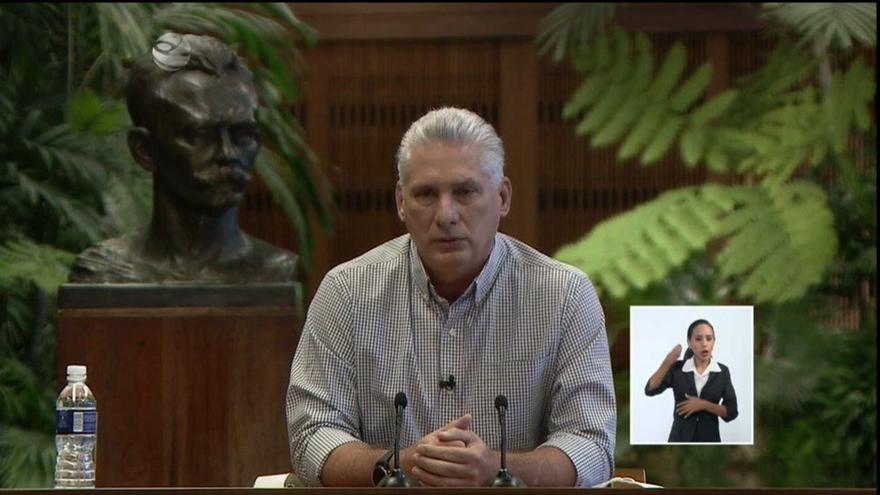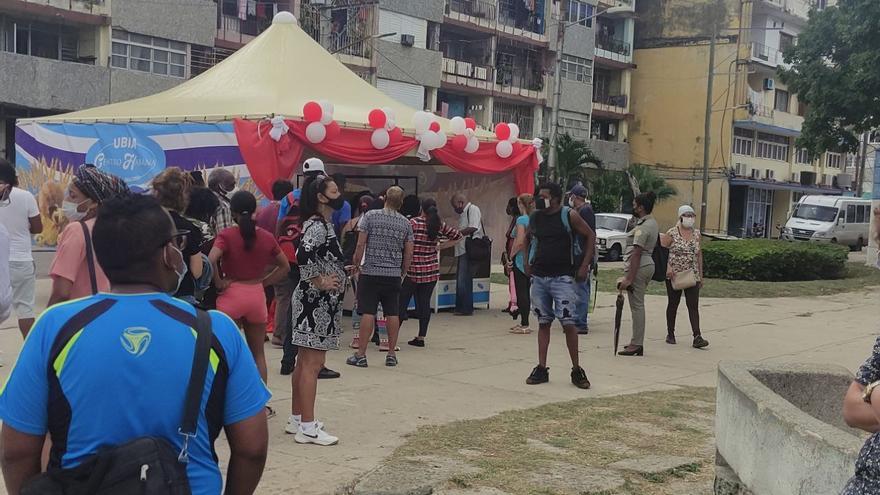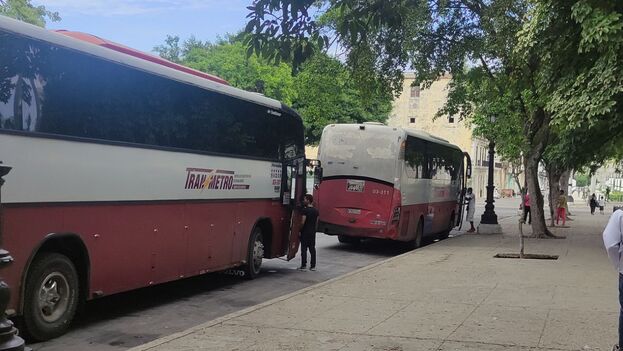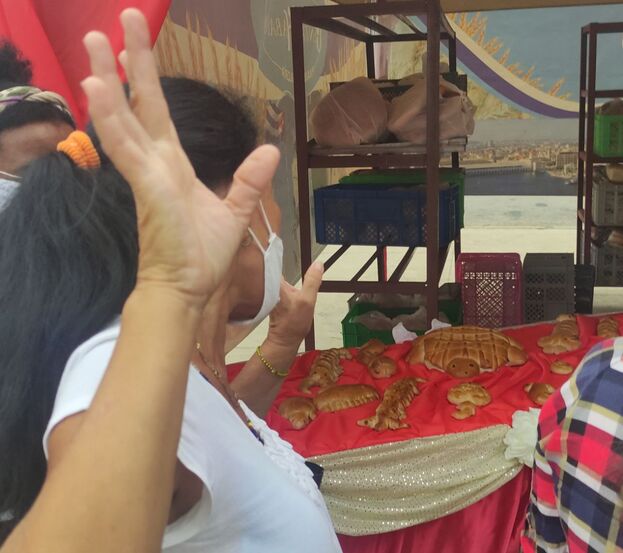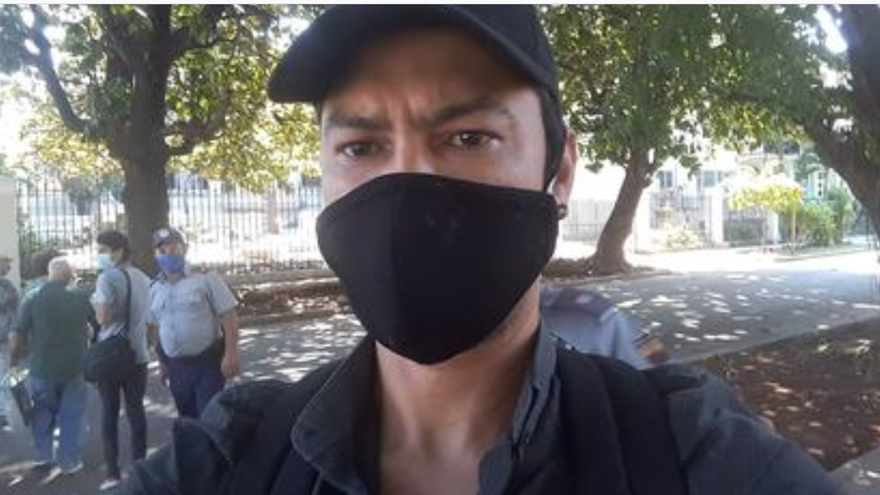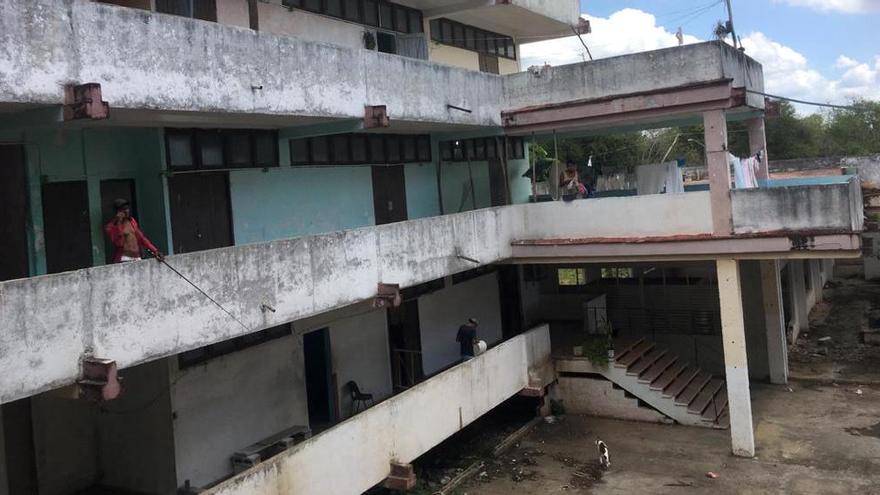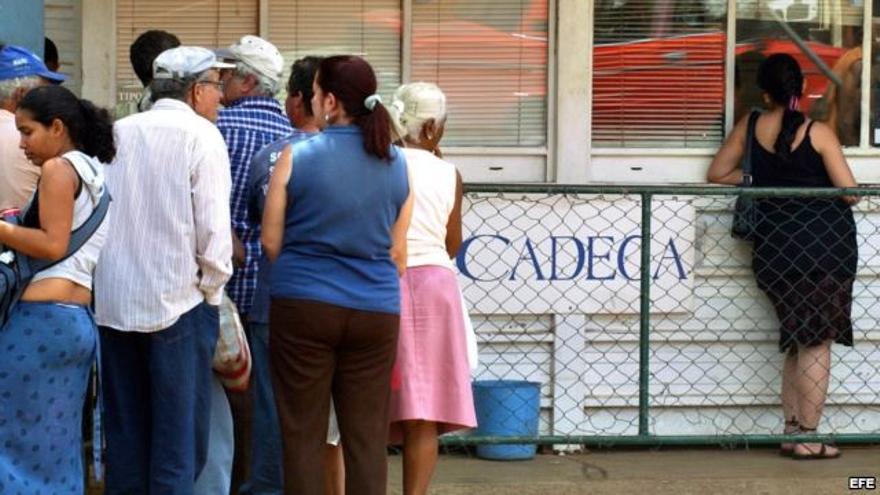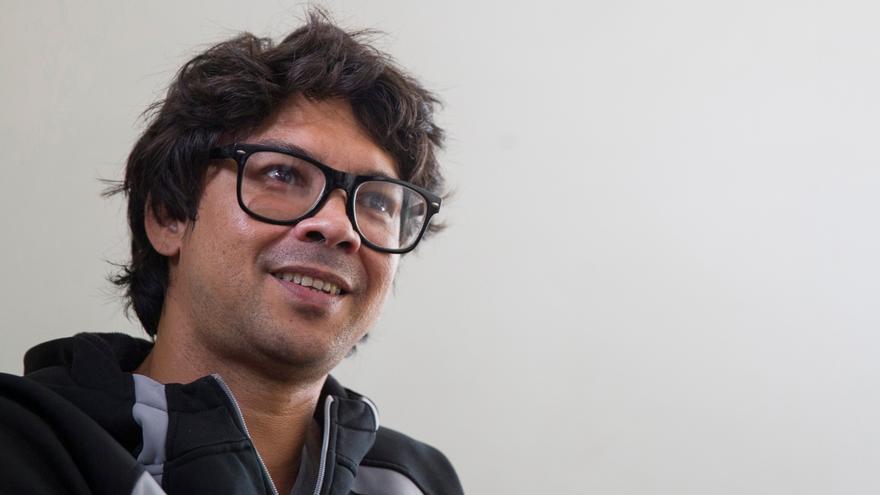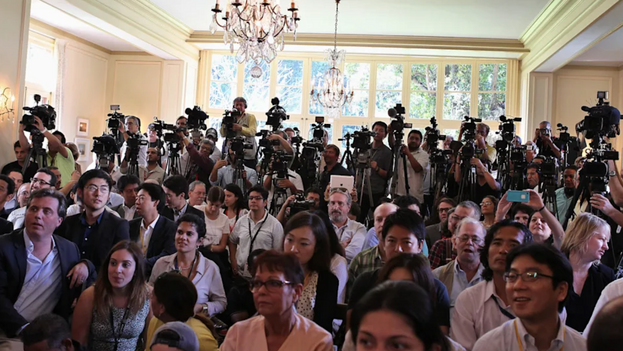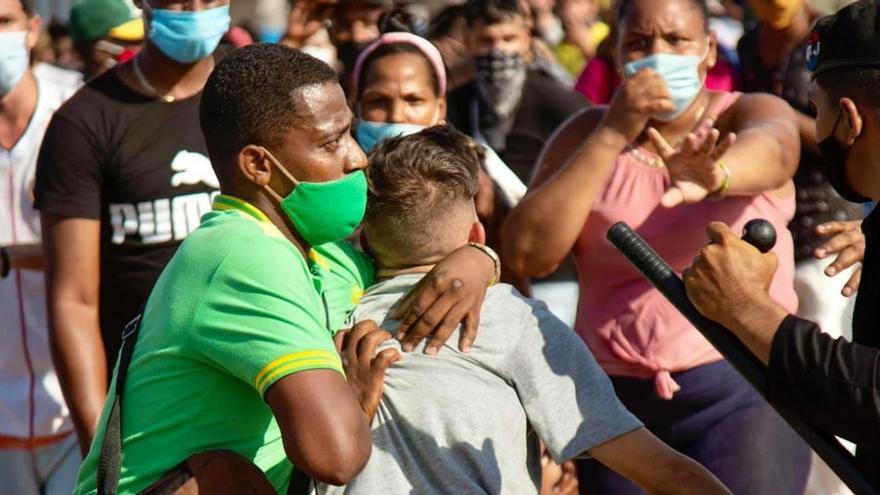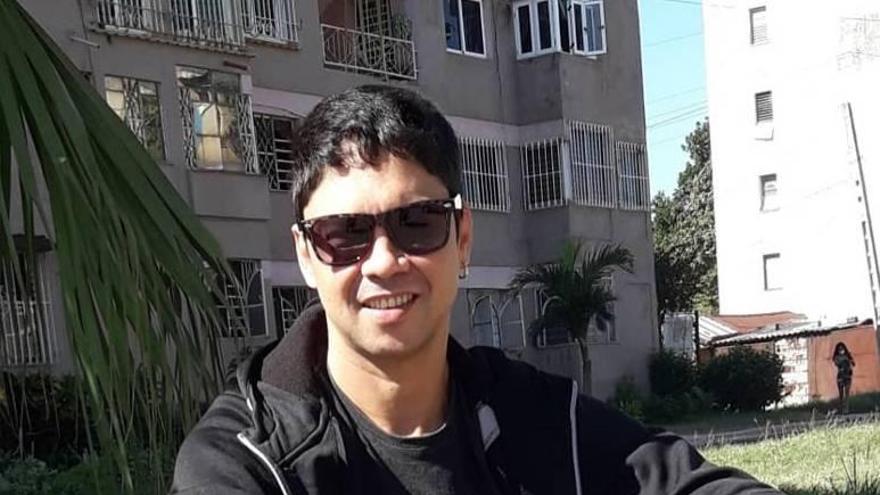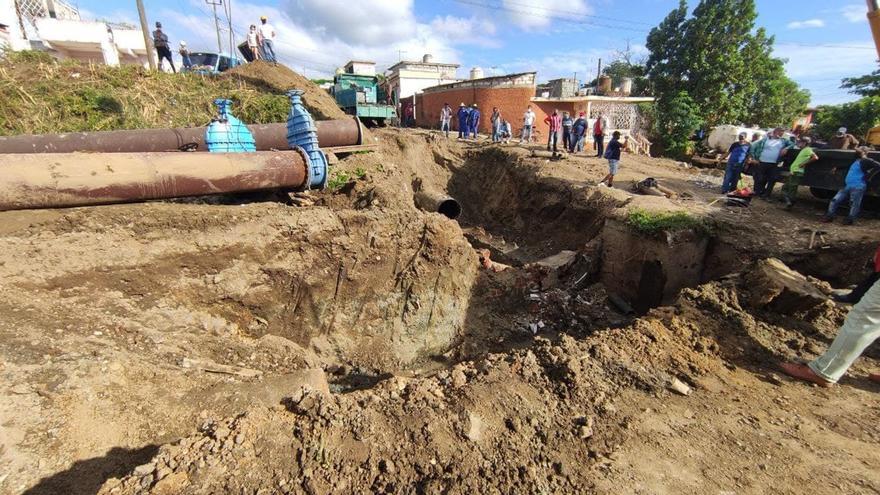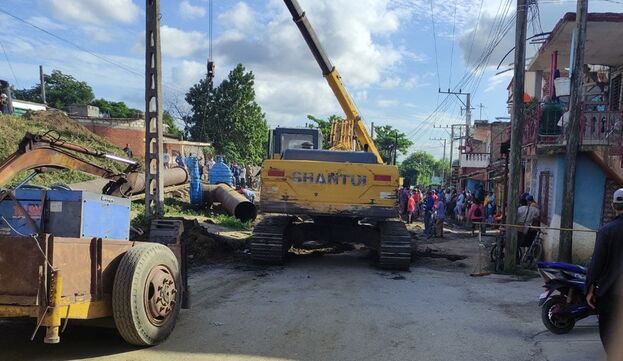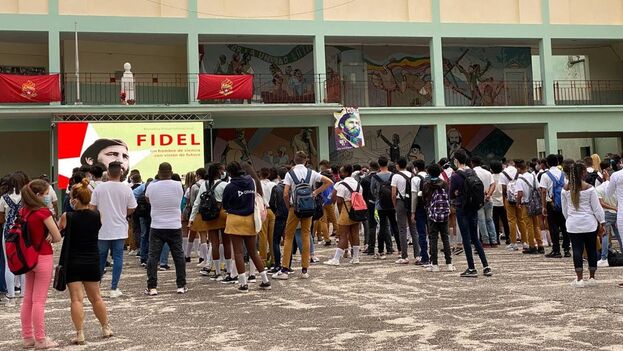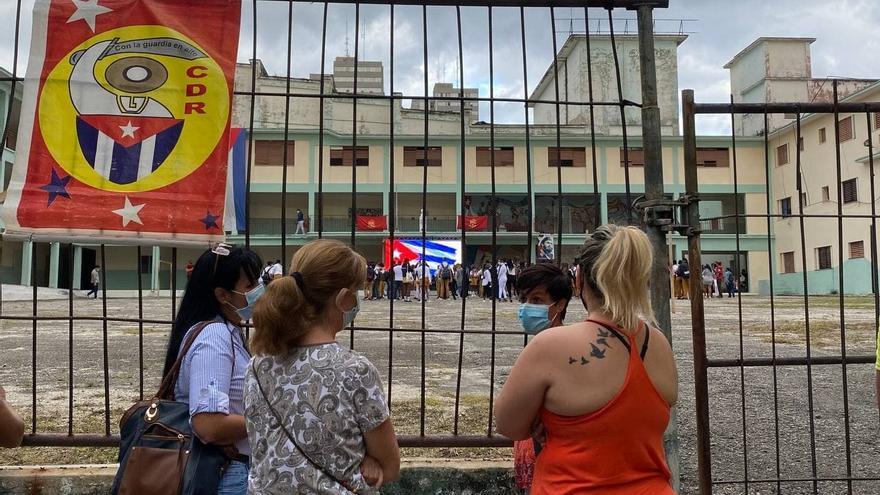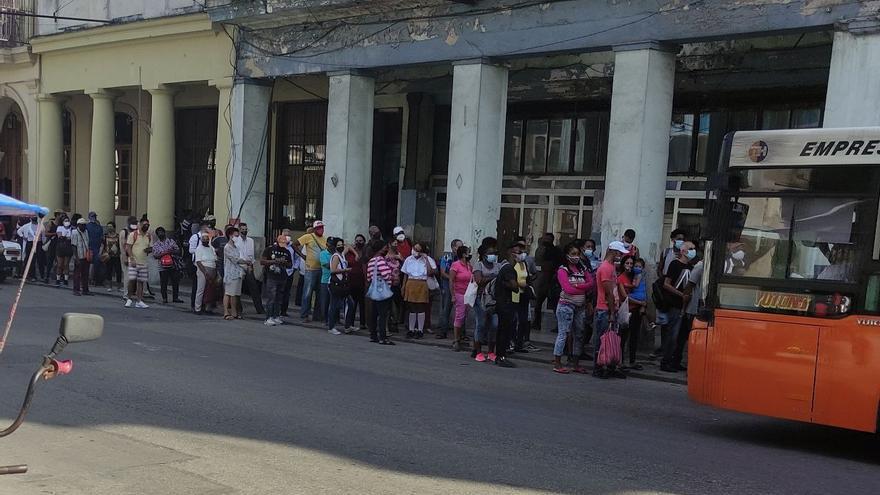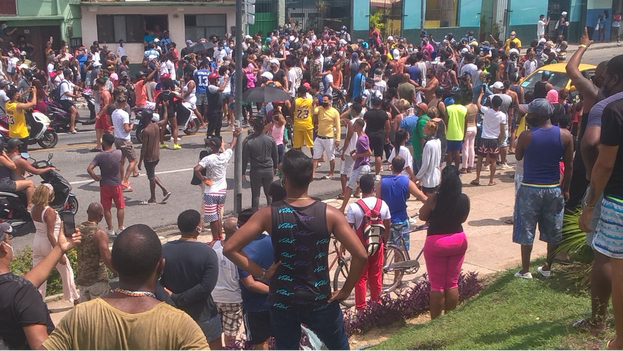
![]() 14ymedio, Carlos Alberto Montaner, Miami, 14 November 2021 — Cuban Foreign Minister Bruno Rodríguez Parrilla was used by Raúl Castro to try to “scare” the young creators of “Archipiélago” and the San Isidro Movement. Bruno summoned the diplomats based in Cuba and said that the excesses announced for November 15 wouldn’t be tolerated. Why? Very simple and very sinister: because the United States is behind these efforts to “change the island’s regime.” It is behind these efforts with its dirty money and with the evil CIA, that doesn’t miss an opportunity to harm the country.
14ymedio, Carlos Alberto Montaner, Miami, 14 November 2021 — Cuban Foreign Minister Bruno Rodríguez Parrilla was used by Raúl Castro to try to “scare” the young creators of “Archipiélago” and the San Isidro Movement. Bruno summoned the diplomats based in Cuba and said that the excesses announced for November 15 wouldn’t be tolerated. Why? Very simple and very sinister: because the United States is behind these efforts to “change the island’s regime.” It is behind these efforts with its dirty money and with the evil CIA, that doesn’t miss an opportunity to harm the country.
When Raúl considered whom to assign the presidency of Cuba, he hesitated to use the engineer Miguel Díaz-Canel. At one point, he believed that the presidency would be better defended by Bruno Rodríguez, but he chose to trust the criteria of José Ramón Machado Ventura, his official “headhunter.” Both are sorry for the selection, but they believed it would be enough to place a Prime Minister in President Díaz-Canel’s environment, as if he were a magical babysitter. For that purpose, they used the architect Manuel Marrero Cruz, although they had to restore the position, eliminated since 1976. (At the time, Marrero offended the doctors in the midst of the pandemic, which seemed unjustifiable to Raúl Castro, but preferred to reprimand him in private, something that Díaz-Canel chose to disclose.)
Perhaps it is impossible to have a president and a prime minister unrelated to the origins of the Revolution. For that reason, republics were established, organized around absolutely neutral laws and institutions that change destination with each generation that comes to power. In the United States, it is said that the Democratic Party was created by Thomas Jefferson, but this “founding father” had in mind a slave society of small plantation owners, as it was logical to think in those years (he was president from 1801 to 1809.)
The error is in believing the tale of Marxism-Leninism and in supposing that, once the Revolution was made, the design of the perfect state and permanent goals were found. That is simply not true. As the song by Cuban singer-songwriter Carlos Varela says, “William Tell/ your son grew up/ and he wants to shoot the arrow.” Young Cubans don’t see themselves as the continuators of any revolution. They want to shoot their own arrows. The leader of the San Isidro Movement, the plastic artist Luis Manuel Otero Alcántara, and the playwright Yunior García Aguilera, born in the eighties, don’t feel the slightest adherence to the legacy of Fidel, Raúl or Che Guevara.
If revolution is sudden change, then the most revolutionary country in the world is the United States, at least since continue reading
There is no possibility of communicating to young people the “anti-Yankee” emotions of some generations that made the revolution. For them the blockade is a pretext to oppress them. They know that Paquito D’Rivera, Chucho Valdés and Arturo Sandoval had to take their music business elsewhere, as Celia Cruz, Olga Guillot and Fernando Albuerne had done before, just to mention a few artists among the thousands who have gone into exile, because in Cuba the foolishness and the dictatorship met in an extraordinary expression that Paquito D’Rivera once had to hear, “The saxophone is a counterrevolutionary instrument.”
In fact, it is Cubans who want to change the regime that rules the island. It is not the United States. The United States cares little for the fate of its neighbors. Cubans don’t want to take to the hills or get involved in gunfights to change the regime. They wish to do so peacefully, through regular open consultations in good faith. I don’t know the opinion of the Cuban rulers. But if I were in their shoes, I would think very carefully about it.
____________
COLLABORATE WITH OUR WORK: The 14ymedio team is committed to practicing serious journalism that reflects Cuba’s reality in all its depth. Thank you for joining us on this long journey. We invite you to continue supporting us by becoming a member of 14ymedio now. Together we can continue transforming journalism in Cuba.

